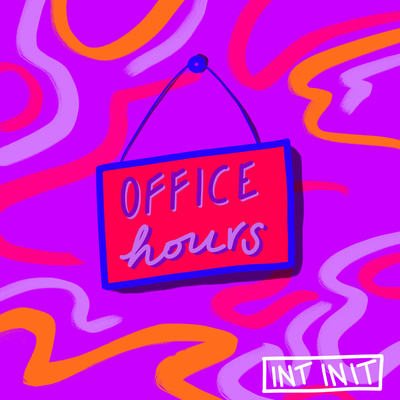Last weekend I watched a MrBeast video where he orders pizza and then tips the house to the delivery person. Nearly 50 million people have watched this on YouTube since December, which is incredible and by no means singular: he has built an audience of nearly 40 million subscribers, and all his videos from the past month have at least 20 million views.
I didn’t visit YouTube to watch a MrBeast video; I had never heard of him. This was Recommended to me, as far as I can tell, simply because it is popular and serves as a gateway to other MrBeast content. (I was using Safari, which attempts to stop cross-site tracking; I was not logged into YouTube; I believe my VPN was on.) YouTube is pushing this content to everyone because it tends to keep everyone watching YouTube.
MrBeast gives away an extravagant amount of money to random people for random reasons. Because I had also recently watched Too Big to Fail, the Hulu documentary about the Dana Carvey Show, these “philanthropic pranks” reminded me of those comedy sketches by Carvey and a then-unknown Steve Carrell where two pranksters benefit other people, which they find hilarious because the recipients are puzzled or surprised by the windfall. However, those two characters are not self-aware that their pranks ends up coming at their expense, and this elevates us viewers to a higher level of meta-humor, where we laugh at the laughers.
(By the way, how is it I never heard of the Dana Carvey Show before? Edgy for its time, anchored by Carvey at the height of his career, introducing comedic geniuses such as Carrell, Stephen Colbert [who was Carrell’s understudy! at Second City around the time I lived in a Chicago apartment just a block away], Robert Smigel, and the now-sullied Louis CK. While much of the humor does not age well, this is only because it depends upon the politics and personalities from three decades ago, and you can still observe the daring and acerbic wit of these performers in their early days.)
In contrast to the Carvey and Carrell pranksters, MrBeast and his accomplices are aware of what they are doing, at least on a surface level. How are we meant to react when we watch MrBeast give away thousands of dollars of merchandise and cash to people who stand in a circle for ten minutes, or who are handed a credit card with an unknown limit, or who can keep everything from a store that fits into a circle on the floor? Fascination: watching the spectacle of an uncommon arbitrary event. Delight: reflecting the happiness of the recipients. Envy: wishing someone would give us gifts too. Admiration: wishing we had the means to be generous.
When I mentioned MrBeast to my twelve-year-old son, he said “of course” he knew about the channel and had watched in the past but no longer, because it “stopped giving him joy”. He didn’t specify why.
Maybe the issue is that when we watch others give and receive, we are not participating. We are not the givers or the recipients — we are interlopers, wolves outside the circle of generosity and gratitude. It does not matter that the YouTube economy and MrBeast business model actually depend upon our collective viewership, that the ads we watch (increasingly political in this election year) enable MrBeast to exist. Our lizard brains only register our own inability to hand thousands of dollars to strangers, as well as the unlikelihood for us to receive gifts from out of the blue. All we can do is watch. Watching MrBeast condemns us for our passivity, as well as our incapacity to act.
As audience members, it must be better for us to sip and savor such acts, rather than gorge on and be flooded by an endless stream. YouTube gives us the capacity to watch hours of MrBeast. In contrast, when Oprah Winfrey gave cars to everyone in her audience, the spectacle was special in its rarity.
We all want to give and receive. Indeed, I have taught classes on the lifelong importance of generosity and gratitude. When done mindfully, both giving and receiving are activities. Watching others give and receive: not so much.
